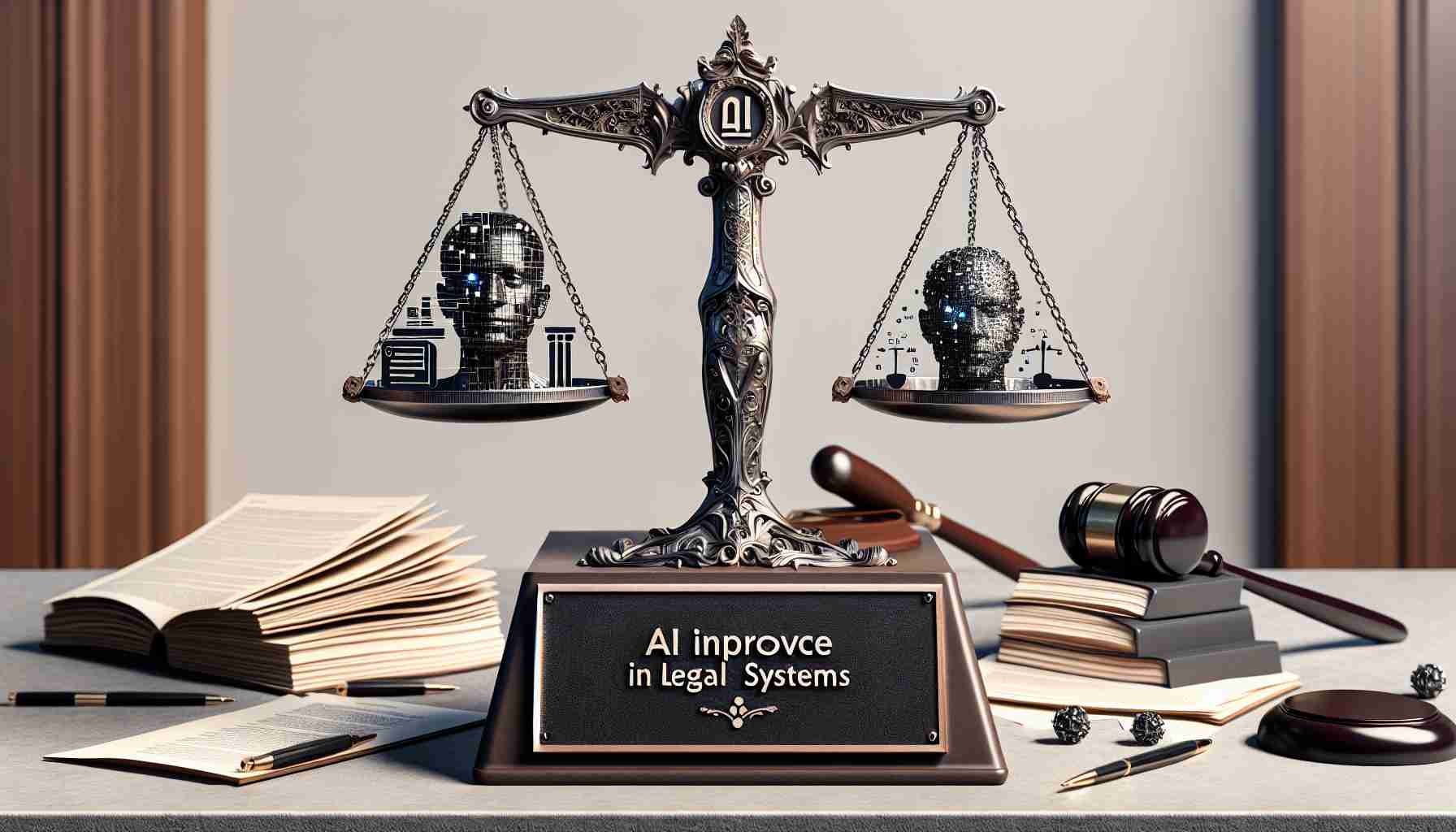As artificial intelligence (AI) revolutionizes multiple sectors, the sanctity of the legal system is being tested by the rise of deepfake technology. According to Dr. Orly Lobel of the University of San Diego, while AI advancements bring transformation, they also introduce the threat of fabricated evidence in legal proceedings. This phenomenon possesses the chilling ability to generate false alibis and tamper with evidence, using AI to create counterfeit images, audios, and videos indistinguishable from authentic material. For instance, AI could falsely place a suspect somewhere else at the time of a crime.
Expert opinions, including those of criminal defense attorney Peter Blair, acknowledge the daunting prospect of AI’s current capabilities within the courtroom and stress the continual importance of an ethical approach despite these technological advancements. While AI’s malfeasance is concerning, its applications are not purely nefarious. AI has vast potential to assist legal professionals by undertaking transcription, translation, and routine documentation tasks, elevating efficiency within the judicial system.
Moreover, the urgency to mitigate AI’s potential for misuse has reached the highest levels of government. A proactive measure by President Joe Biden involves mandating an imperceptible watermark on AI-generated content, assisting in distinguishing real evidence from the artificial. As the legal community navigates this terrain, a balance must be struck between harnessing AI’s benefits and safeguarding against its threats to maintain justice and fairness in the judicial process.
Current Market Trends
The current market trends see AI becoming an increasingly integral tool in the legal sector, with applications that range from legal research and document analysis to prediction of legal outcomes. AI technologies, such as natural language processing and machine learning, are being leveraged to sort through large volumes of legal documents quickly, which can lead to cost reductions for clients and more efficient case handling by law firms.
AI is also being applied in contract analysis, due diligence, and prediction of case outcomes, which can assist lawyers in counsel and negotiation processes. These trends reflect a broader move towards legal tech solutions that purport to streamline various aspects of the legal practice.
Forecasts
Looking ahead, the influence of AI in the legal system is expected to grow. It is forecasted that the adoption of AI in legal practice will become more widespread as law firms seek to improve productivity and as legal departments in corporations continue to seek cost-effective solutions. Furthermore, there is anticipation surrounding the evolution of AI capabilities, with advances in areas like emotional intelligence and more advanced analytics, which could further refine legal decision-making.
Key Challenges and Controversies
A chief challenge associated with AI in legal systems is the ethical use of the technology, especially in terms of ensuring that AI-generated outcomes do not perpetuate biases or inequalities. Deepfakes and manipulated evidence pose profound ethical and practical challenges, such as the subversion of truth in legal proceedings and the potential erosion of public trust in legal verdicts.
Another controversy lies in the potential job displacement within the legal sector as AI takes over tasks traditionally performed by humans, leading to a debate about the future roles of legal professionals.
Advantages
– Improved Efficiency: AI can handle routine tasks much faster than humans, leading to time savings and reduced backlogs in case management.
– Cost Savings: AI’s ability to perform document analysis and legal research can reduce costs for clients and law firms.
– Accessibility: AI can make legal advice more accessible, with chatbots and virtual assistants providing basic legal information.
Disadvantages
– Risk of Bias: If not properly designed, AI systems can perpetuate existing biases present in the data they are trained on.
– Deepfake Technology: AI-generated fake evidence poses new challenges for verifying authenticity and maintaining the integrity of legal processes.
– Job Disruption: AI adoption could lead to a reshaping of employment in the legal sector, potentially displacing jobs previously held by support staff and junior lawyers.
Concerns about these issues fuel ongoing discussions about the need for regulation, oversight, and a code of ethics for the use of AI in the legal domain. Such measures are integral to maintaining trust and credibility in the justice system.
For further information on this topic, visit the official sites of the relevant legal and AI industry bodies. Ensure that the links provided are to the main domains and are valid:
– American Bar Association
– The White House
– The Institute of Electrical and Electronics Engineers (IEEE)
Please note that these URLs may host various subpages with additional, domain-specific content that could be pertinent to the topic at hand.
The source of the article is from the blog newyorkpostgazette.com

